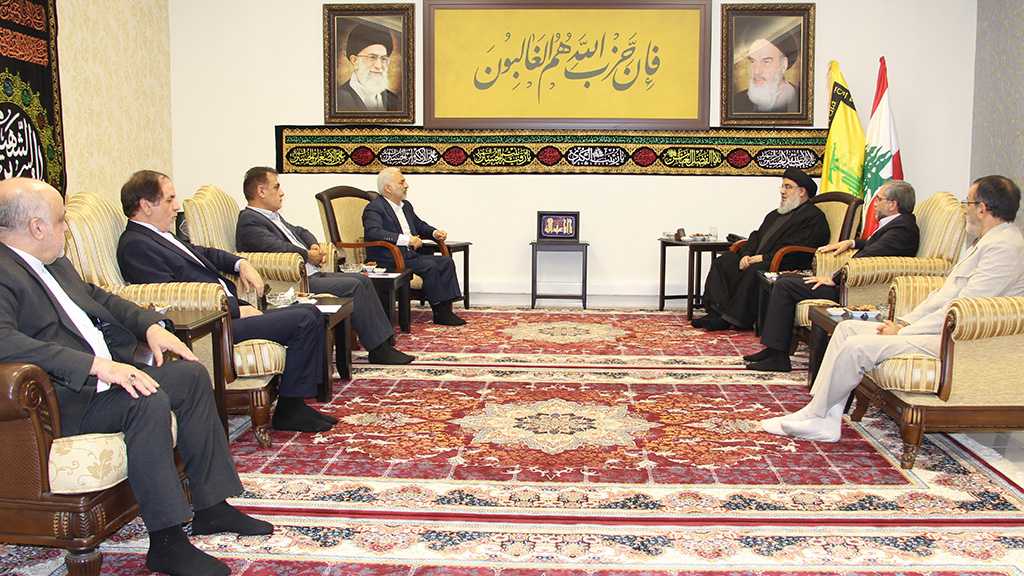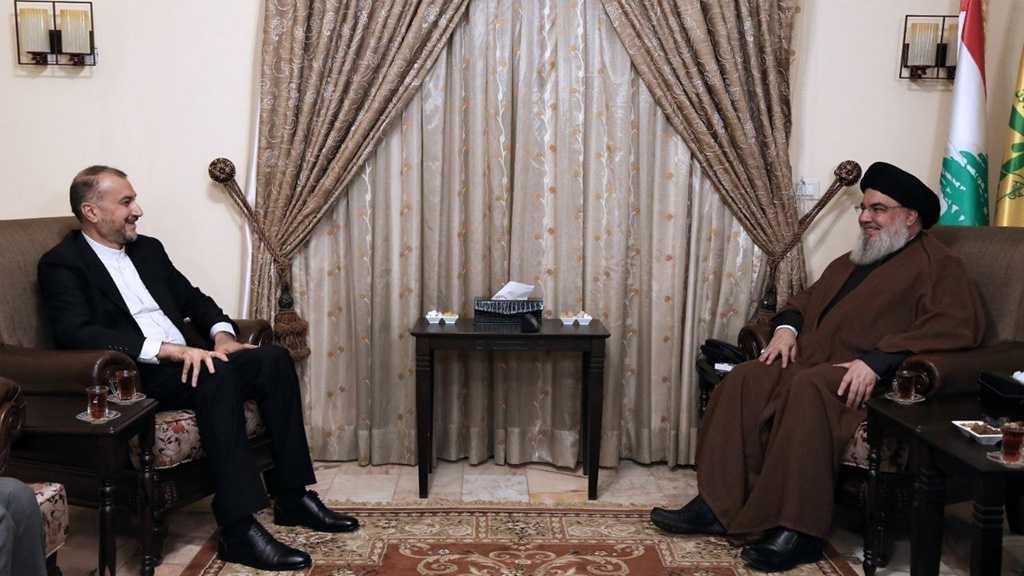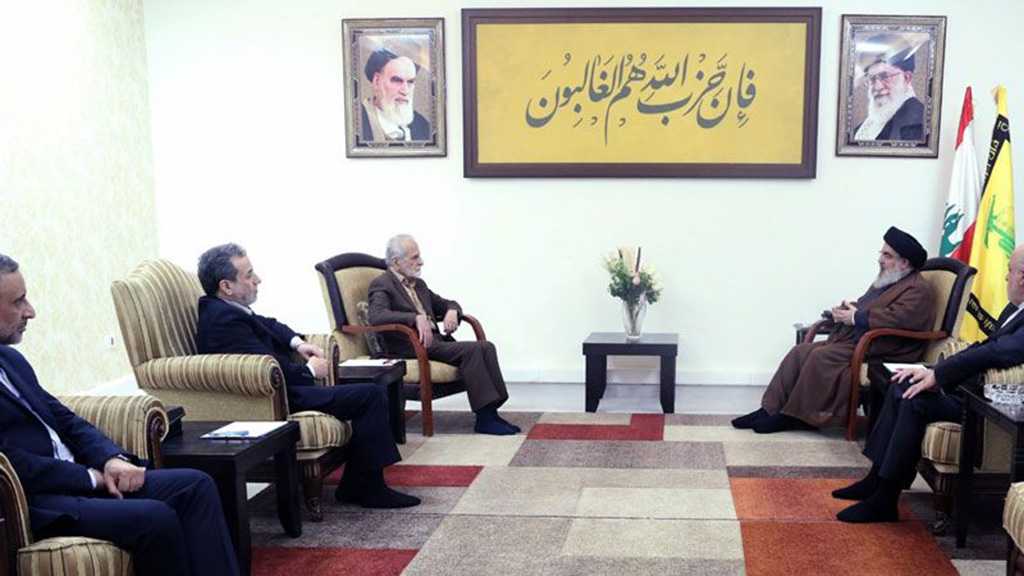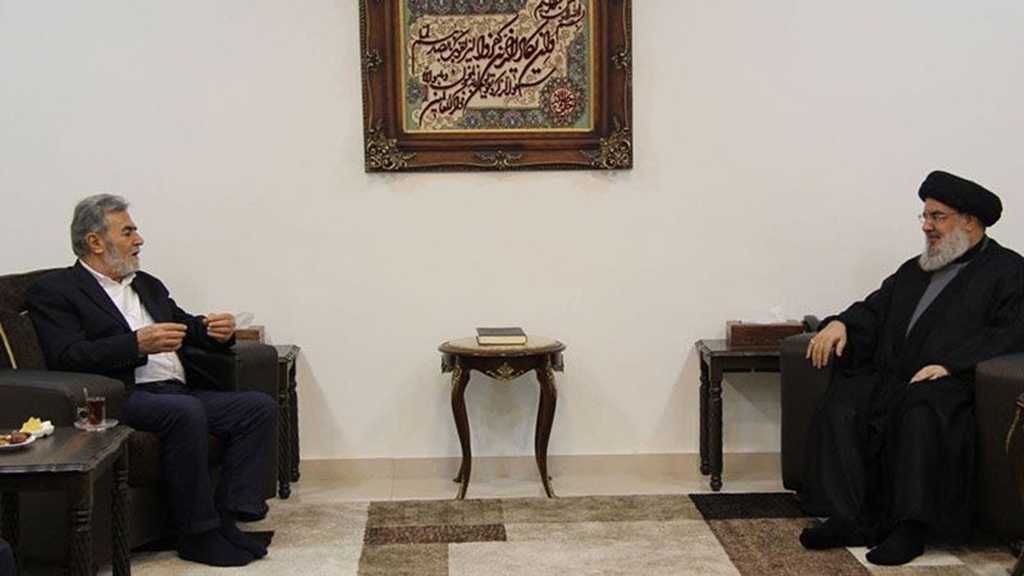
Fatfat fails to hide unfortunate facts

Source: Al-Manar TV, 10-4-2007
The story is not about an illegitimate minister requesting evidence which confirm that his ruling bloc is seeking to internationalize Lebanon`s security. The story is about the weak response made by MP Ahmad Fatfat on an authentic document revealed by resigned Minister Mohamad Fneish, which assures that the Cabinet headed by Fouad Saniora had endorsed a bill to form a security apparatus with international intelligence extensions. Fatfat`s attempt to deny the document failed because it openly confirms Fneish`s revelations, in simple Arabic; another indication to the ruling bloc`s attempt to put the country in the hands of international and Arab intelligence.
Fatfat pretended to have forgotten a series of steps taken by his ruling bloc to internationalize security in Lebanon, including:
1- Resolution number 2403 to establish satellite link between Lebanese security forces and international security apparatuses.
2- Placing satellite monitoring cameras in Beirut. (Opposition ministers refused the article and the ruling bloc retreated and agreed to link the cameras to the telephone network.)
3- Sanctioning FBI agents to carry out investigations, before any Lebanese security apparatus, at the crime scenes of MP Jibran Tueini, Journalist Samir Kassir and Lebanese Communist Party leader Georges Hawi.
4- Bringing in American and German security officers to Beirut`s International Airport for monitoring.
5- Demanding the deployment of international forces under chapter seven of the UN Charter, during the "Israeli" war against Lebanon last July.
6- Demanding the deployment of international forces along the Lebanese Syrian border; attempts which are still ongoing.
Monitors questioned what Fatfat was doing in Aswan-Egypt at a time US Secretary of State Condoleezza Rice was meeting with the heads of intelligences services of the four so called moderate Arab states.
- Related News



